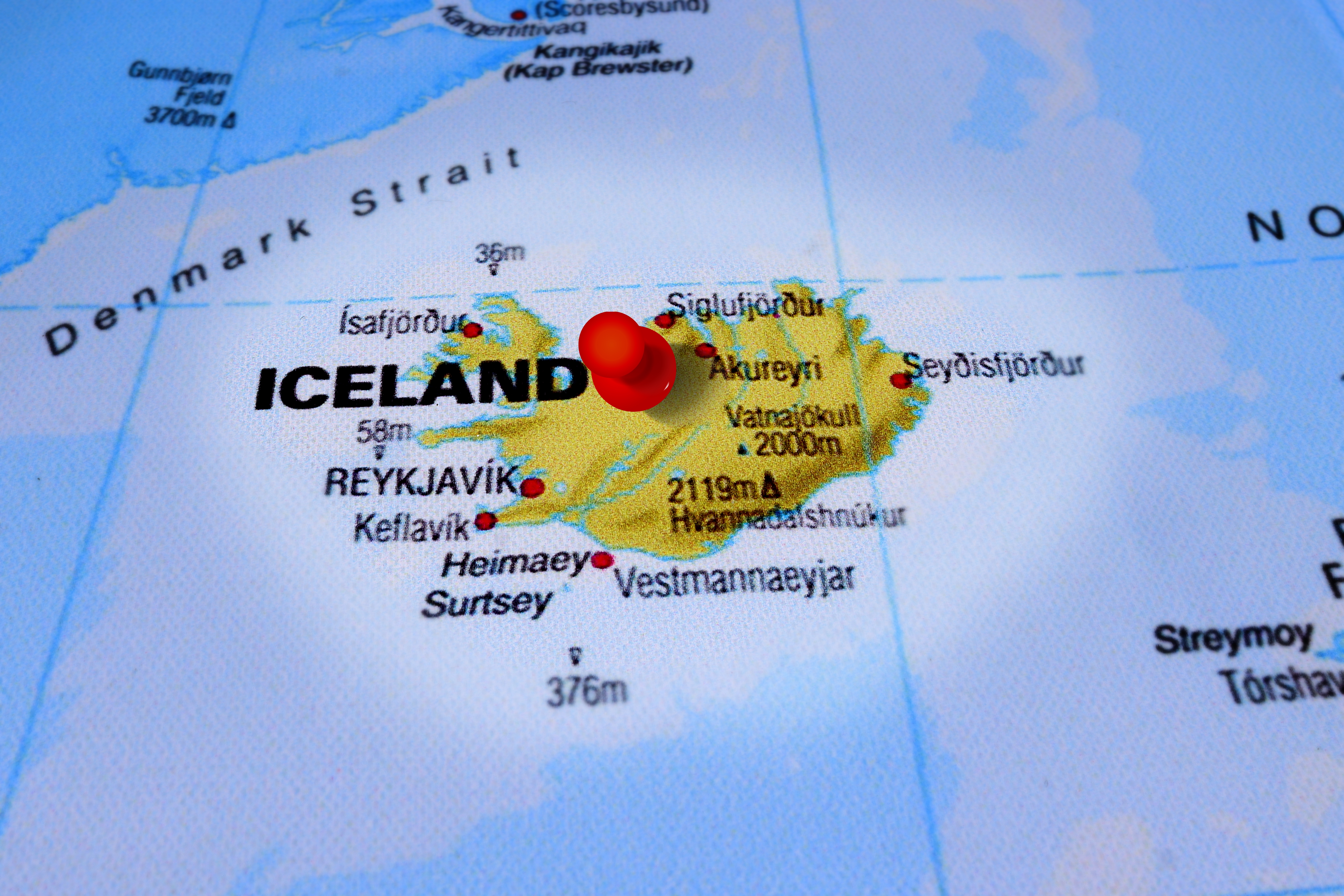The Dutch Federation of Pension Funds (Pensioenfederatie) has warned the European Securities and Markets Authority (ESMA) that its proposals for European Market Infrastructure Regulation (EMIR 3) clearing thresholds will lead to “lower pensions”.
ESMA is consulting on new clearing thresholds under the review of EMIR 3. It has proposed maintaining the aggregate thresholds at current levels - €3bn for interest rate derivatives (IRD) and €1bn for credit derivatives, as well as introducing a €1.8bn uncleared threshold.
While the federation supports the central clearing framework set by EMIR, as it provides pension funds with “increased protection against counterparty risk”, it warned that the cash variation margin requirement introduces “new liquidity risks for pension funds, whose one-directional positions are sensitive to changes in the swap rate”.
“The management of these risk requires additional operational capabilities, leading to additional costs. Clearing also involves ongoing costs for access to central counterparties (CCPs), collateral management, and compliance, which may disproportionately affect smaller funds,” the federation warned.
In the federation’s view, these factors divert resources away from core investment activities and increase the overall operational burden.
“Costs will ultimately be borne by participants, leading to lower pensions,” it warned.
It also argued that the proposal does not align with the European Commisison’s agenda to reduce the administrative burden in the EU by 25 per cent.
“We think it is inappropriate that amendments to the regulatory technical standards (RTS) would lead to more pension funds being included in clearing. We think this perspective should apply when assessing both the aggregate threshold of €3bn for interest rate derivatives, as well as the proposed uncleared thresholds,” Pensioenfederatie said in its response to ESMA.
It was particularly against the introduction of the €1.8bn uncleared threshold, which would “bring numerous additional Dutch pension funds in scope of the clearing threshold”.
“Smaller pension schemes under the current clearing threshold typically have not yet begun clearing centrally at all. Therefore, the aggregate threshold is no longer relevant and de facto the threshold has come down 40 per cent,” it stated.
In the case of Dutch pension funds, which are switching across to defined contribution schemes from defined benefit schemes as part of a national reform, the federation said will lead to changes in investment strategies.
“It is anticipated that overall hedging levels, and therefore usage of cleared and uncleared derivatives, will decrease after the transition, leading to a reduction in aggregate notionals.
“Practically, this means that pension funds may fall within the scope of central clearing before the transition and be exempted afterwards. However, in that scenario these pension funds will already have incurred the costs and efforts to switch to central clearing… postponing the introduction of the new uncleared threshold would be helpful in that regard,” it said.
Latest News
-
Winners announced for inaugural Nederlandse Pensioen Awards
-
Sweden’s AP4 yields 6.3% return for 2025
-
Sweden's AMF delivers 6.2 per cent return in 2025 amid market uncertainty
-
News in brief: 20 February
-
Black Arrow Group pension scheme completes £7m buy-in with PIC
-
Dutch pension funds report improved January funding positions
Podcast: Stepping up to the challenge

In the latest European Pensions podcast, Natalie Tuck talks to PensionsEurope chair, Jerry Moriarty, about his new role and the European pension policy agenda
Podcast: The benefits of private equity in pension fund portfolios

The outbreak of the Covid-19 pandemic, in which stock markets have seen increased volatility, combined with global low interest rates has led to alternative asset classes rising in popularity. Private equity is one of the top runners in this category, and for good reason.
In this podcast, Munich Private Equity Partners Managing Director, Christopher Bär, chats to European Pensions Editor, Natalie Tuck, about the benefits private equity investments can bring to pension fund portfolios and the best approach to take.
In this podcast, Munich Private Equity Partners Managing Director, Christopher Bär, chats to European Pensions Editor, Natalie Tuck, about the benefits private equity investments can bring to pension fund portfolios and the best approach to take.
Mitigating risk
BNP Paribas Asset Management’s head of pension solutions, Julien Halfon, discusses equity hedging with Laura Blows
© 2019 Perspective Publishing Privacy & Cookies







Recent Stories